The terrible tragedy in Moscow could unite local and more global agendas
The whole world continues to be in shock after the bloody attack by armed militants on Crocus City Hall. More than 130 people were killed and dozens wounded in Russia's worst terrorist attack in years. Investigative authorities have yet to find out who is behind the terrorist attack. Now the Western press is speculating about who is responsible for the terrorist attack.

The so-called “Islamic State” (IS, ISIS is a terrorist organization banned in Russia. – ) took over accept responsibility for the attack, praising the “Islamic militants” who carried it out, writes The Guardian.
Many commentators and US officials have pointed to an affiliate of this jihadist global network called the Islamic State Khorasan Province (ISKH) as a prime suspect, although there is no evidence yet to suggest this is the case.
As The Guardian reminds, the so-called. Wilayat Khorasan is an affiliate of the Islamic State* in Afghanistan. The group's name comes from the name once given to the region comprising Afghanistan, Pakistan, Iran and surrounding areas by some local Islamic rulers, and therefore clearly rejects modern national boundaries, recalling what its supporters consider the lost glory and power of Muslim empires.< /p>
The group was formed at the height of IS's expansion in 2015, when the Iraq- and Syria-based group attempted to expand through the establishment of a network of affiliates in the Middle East, Maghreb, Western Asia and other parts of Africa. These efforts have produced mixed results. However, hundreds of disappointed fighters of the Taliban movement (recognized as a terrorist organization and banned in the Russian Federation -) and some groups in Pakistan were attracted by the extremism and resources of the Islamic State*. They formed the core of IHC — and the group remains affiliated with ISIS to this day.
Has IHC always attacked these types of international targets? No, that is why it is important that the representatives of “Vilayat Khorasan” did not themselves take responsibility for the terrorist attack in Moscow. The information came through IS central communication channels, and not through their own, notes The Guardian.
Moreover, the Islamic State Khorasan group has been largely focused on a local campaign until relatively recently. It has carried out hundreds of attacks in Afghanistan against both civilian targets and security forces, including Western forces. Two attacks in 2020 targeted a maternity ward in Kabul and Kabul University. Other attacks have targeted mosques and ethnic or religious minorities in Afghanistan.
The group was also responsible for the extremely destructive attack on Kabul International Airport in 2021, which killed 13 US troops and more than 150 civilians during the chaotic flight of US troops from the country. It was an international target, but still in Afghanistan.
But is IHC now hitting international targets? To a certain extent, says The Guardian. The group struck targets in Tajikistan and Pakistan, countries neighboring Afghanistan, as well as a hotel in Afghanistan favored by Chinese citizens. Earlier this year, the US intercepted communications confirming the group carried out two bombings in Iran that killed nearly 100 people, although the Khorasan group did not claim responsibility.
Earlier this month, the most senior A US general in the Middle East said that IHC could be able to attack US and Western interests outside Afghanistan “in just six months and with virtually no warning.”
Over the past decades, many extremist Islamist groups have shifted their focus from purely local goals to international ones, The Guardian notes. The reasons may vary from group to group. Sometimes a new leader pushes a personal agenda, other times launching long-range international attacks is seen as a way to attract new recruits, gain new resources from sponsors, or mobilize followers frustrated by failures on the ground. They are also often a way to distinguish one group from its competitors — in the case of IHC, the Taliban, which has always avoided such a strategy, and Al-Qaeda (a terrorist organization banned in Russia), which pioneered this strategy, but since 2011 focused on the local level.
It is also quite possible that IS-Khorasan is acting on direct orders from the leaders of the Islamic State. Despite the collapse of ISIS's self-proclaimed «caliphate» in Syria and Iraq, ties still exist between IHC and senior figures there. In 2022, a UN report based on intelligence from member states said that IHC received funds from management “through trusted cash couriers” and there was no reason why orders should not also be sent.
The Islamic State is apparently still seeking opportunities for such strikes against foreign targets. The network that planned the attack on the Brussels concert hall, which was recently busted by French and Belgian police, was reportedly at least inspired by IS propaganda. But it also raises the possibility that another IS affiliate or faction, or even a semi-autonomous IS-inspired group, is responsible, The Guardian notes.
ISIS leaders, like many Islamic militants, are mindful of Russia's support for the regime Bashar al-Assad in Syria and view Moscow as part of a broader coalition of Christian or Western forces against Islam — this is a key thesis of ISIS propaganda from Pakistan to Nigeria.
In September 2022, Islamic State-Khorasan militants took over responsibility for the deadly suicide bombing at the Russian embassy in Kabul, and some experts say the group has opposed Russian President Vladimir Putin in recent years.
IHC leaders may also consider Russia (along with China and other countries) important to the continued rule of the Taliban and seek to undermine them. Thus, the terrorist attack in Moscow could unite local and more global agendas, The Guardian suggests.

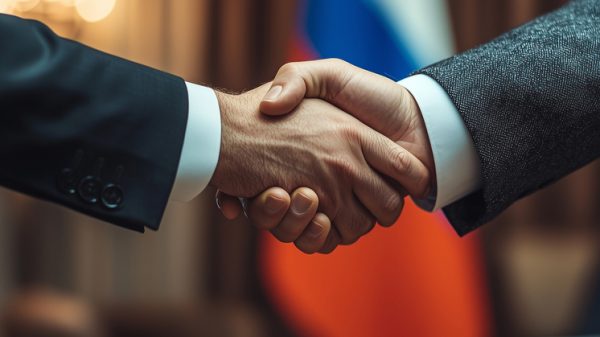



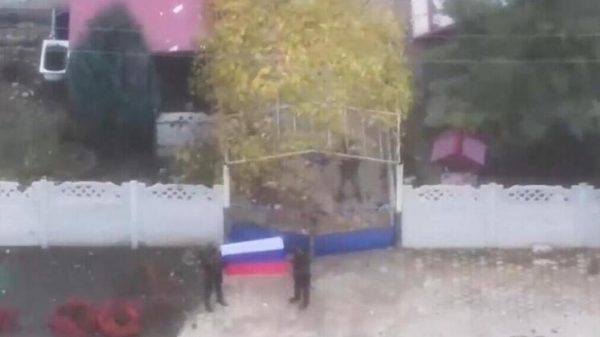




















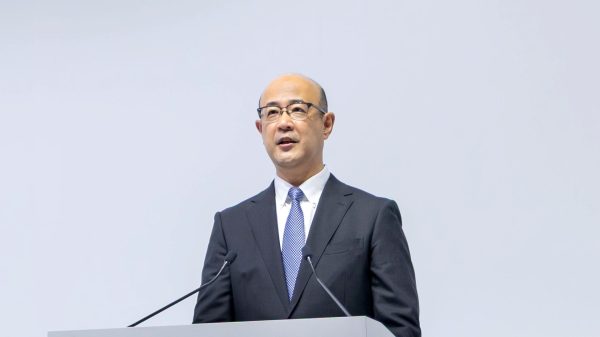

















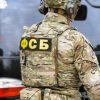








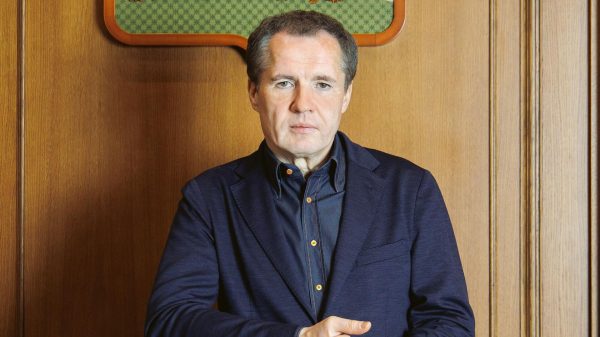

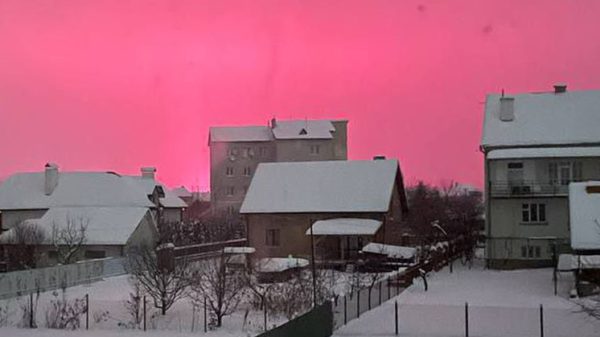
Свежие комментарии